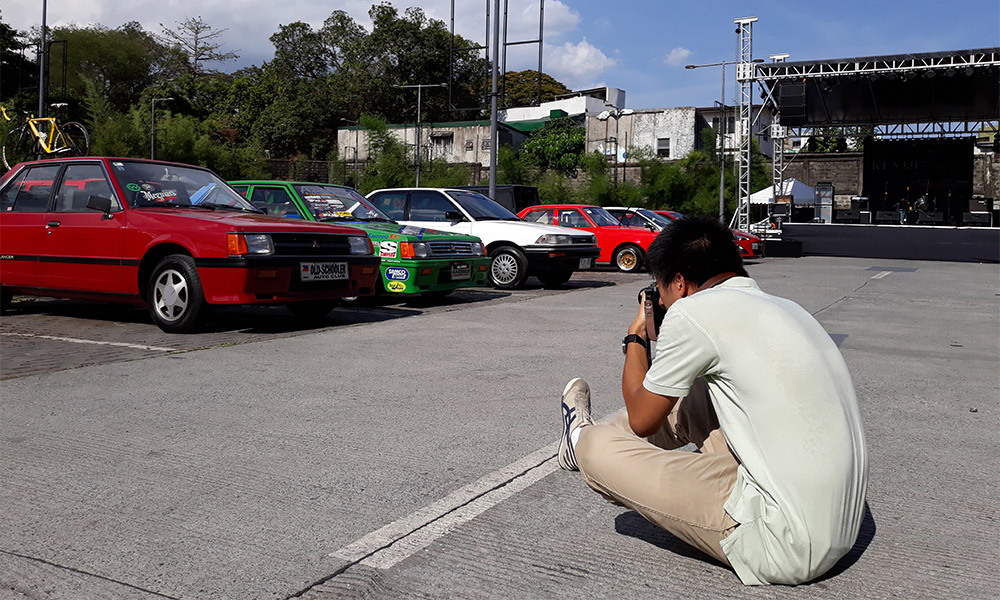
If you’ve ever gotten into photography—whether as a hobby or a profession—you’ve probably thought about intellectual property rights. Creating photos takes a lot of time, effort, and money. So, you wouldn’t like it if someone just grabbed your hard work and used it however he or she pleased (especially when profit is involved).
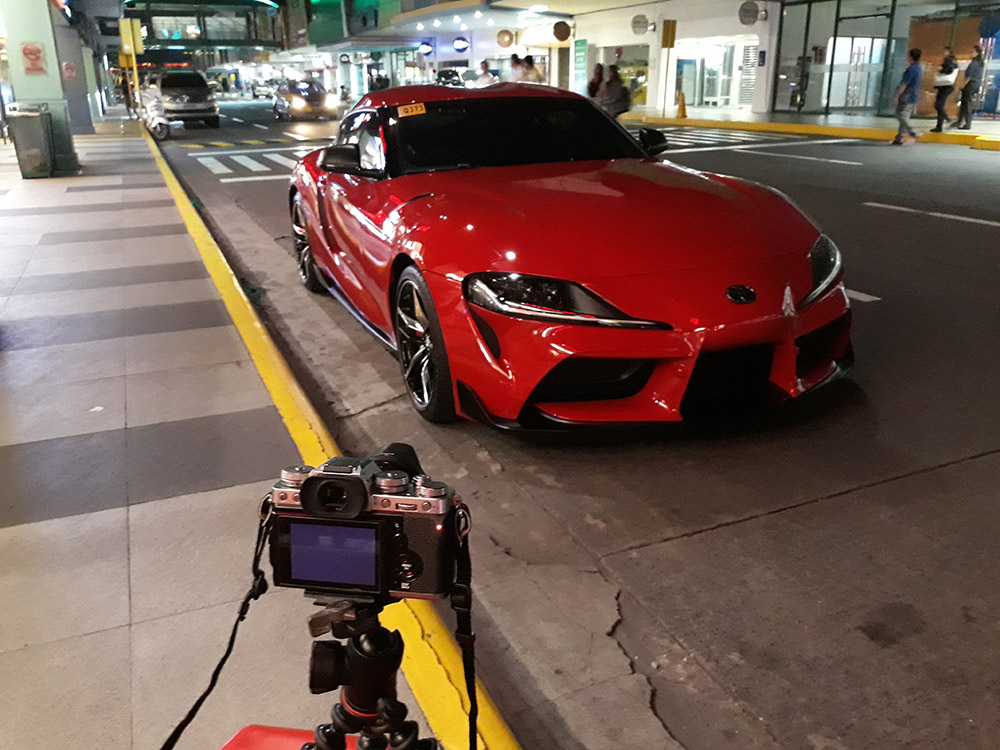
As an enthusiast, it’s up to the photographer whether or not to charge for photos and services. But for journalists, there shouldn’t be any payment for editorial articles and images—even if that is normal among influencers and big-time content creators.
That’s because their purpose is to inform and enlighten readers. And one can’t be objective and unbiased when commercial interests are involved. Consequently, this means companies shouldn’t be using editorial media for sales and marketing.
Take note that this is distinct from advertorial work where clients pay for the content. As said in our editor-in-chief’s Philippine Star column: There’s nothing wrong with that provided there’s transparency.
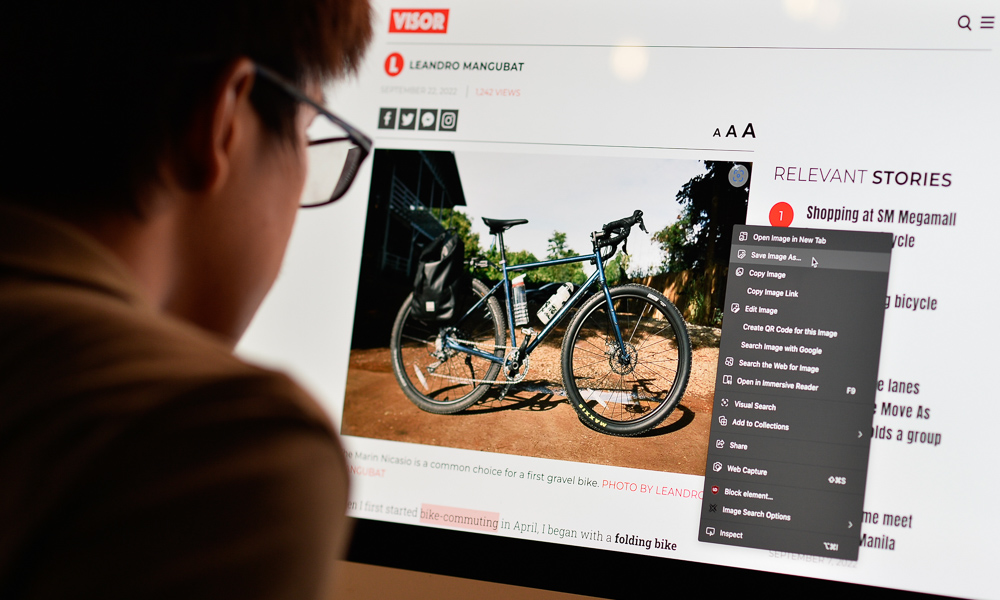
The problem occurs when images are used without permission. Just because you—or something you own—are in a photo doesn’t automatically mean you have the right to it. Also, giving credit—even if done properly—isn’t the same as having consent. In the words of our lawyer: “It is important to clarify that the law grants these rights to the creator (the photographer) and not to the subject of the photograph. In other words, unless the photographer expressly waived his rights to the photograph, the subject of the photograph does not have moral or economic rights on the photograph. Also, the waiver must be in writing and acknowledged before a notary public.”
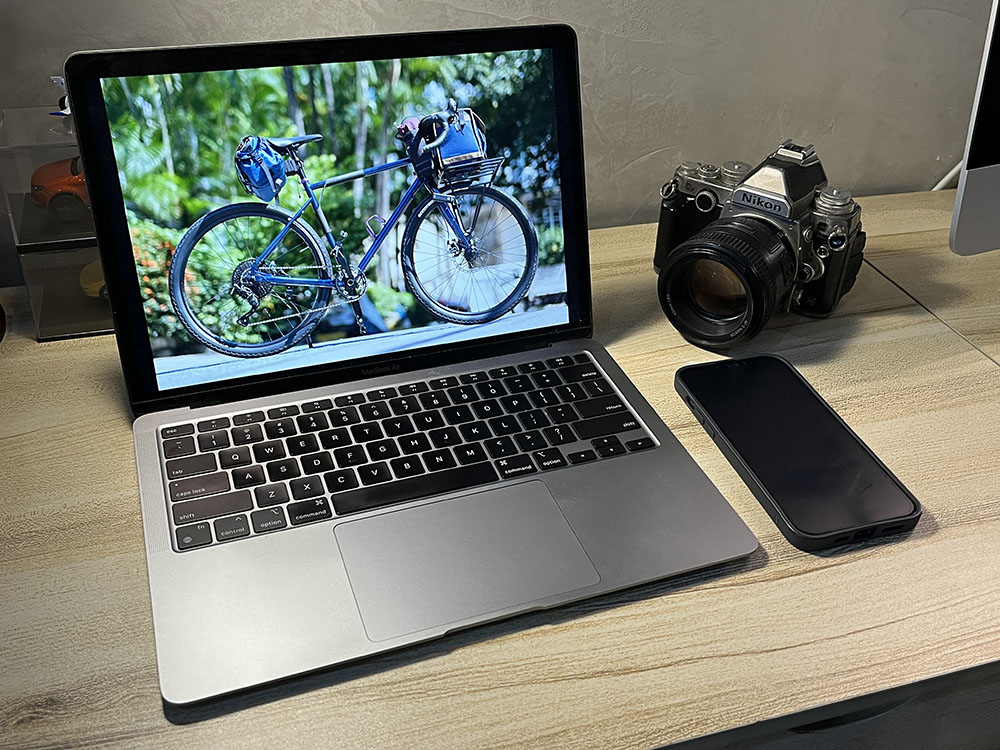
Online businesses, especially newer ones, need to understand the difference. If they don’t respect that, then the consequences can be hefty. According to our lawyer, the criminal penalties can range from one to nine years of imprisonment, and a fine ranging from P50,000 to P1,500,000.
So, think twice before grabbing someone else’s photos online.


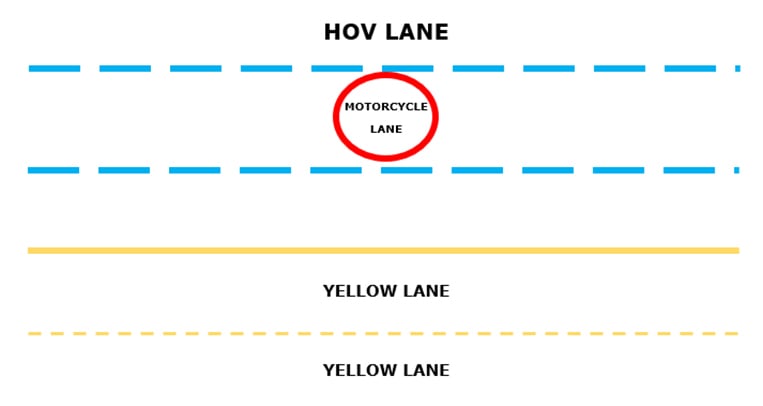
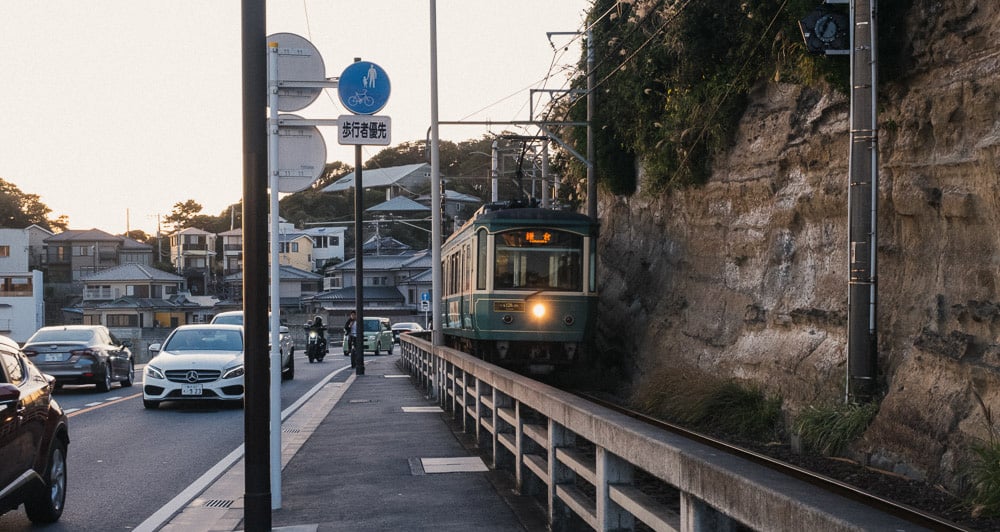

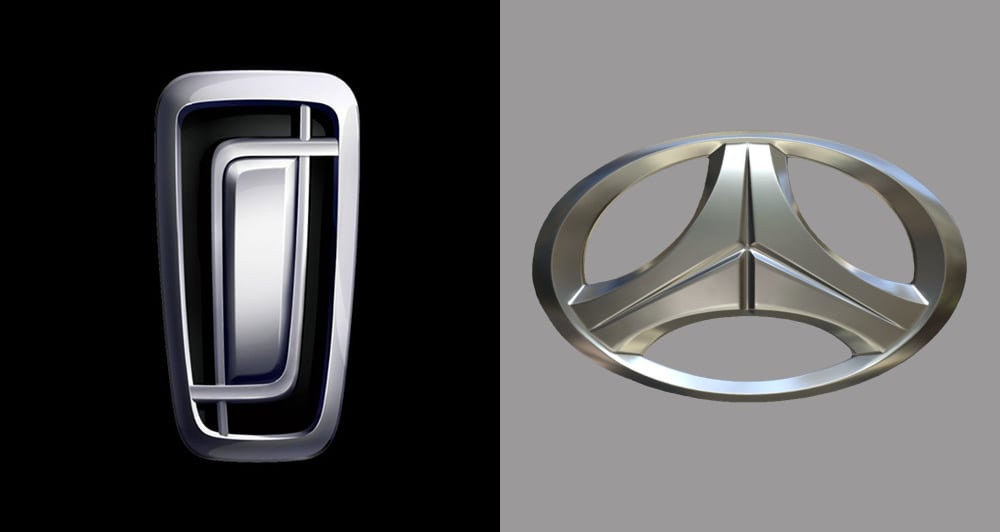


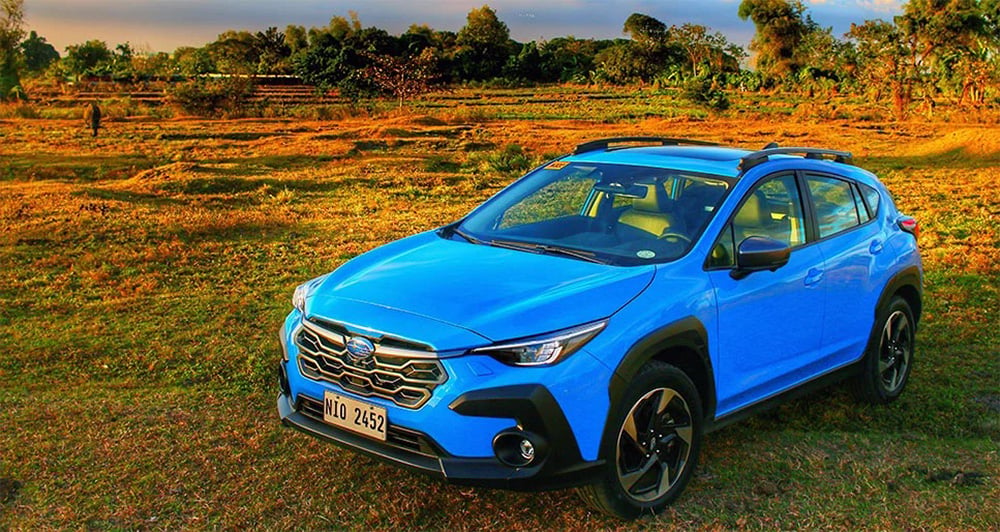
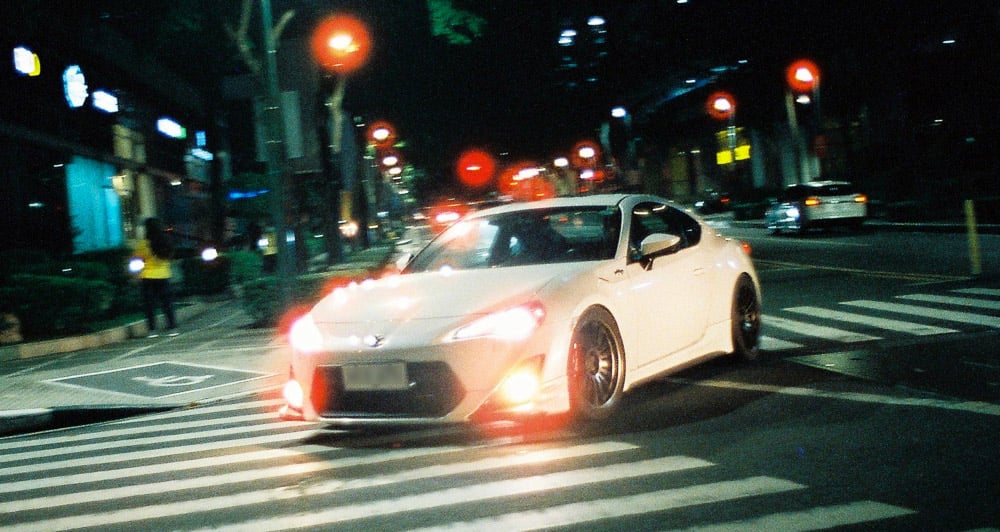

Comments